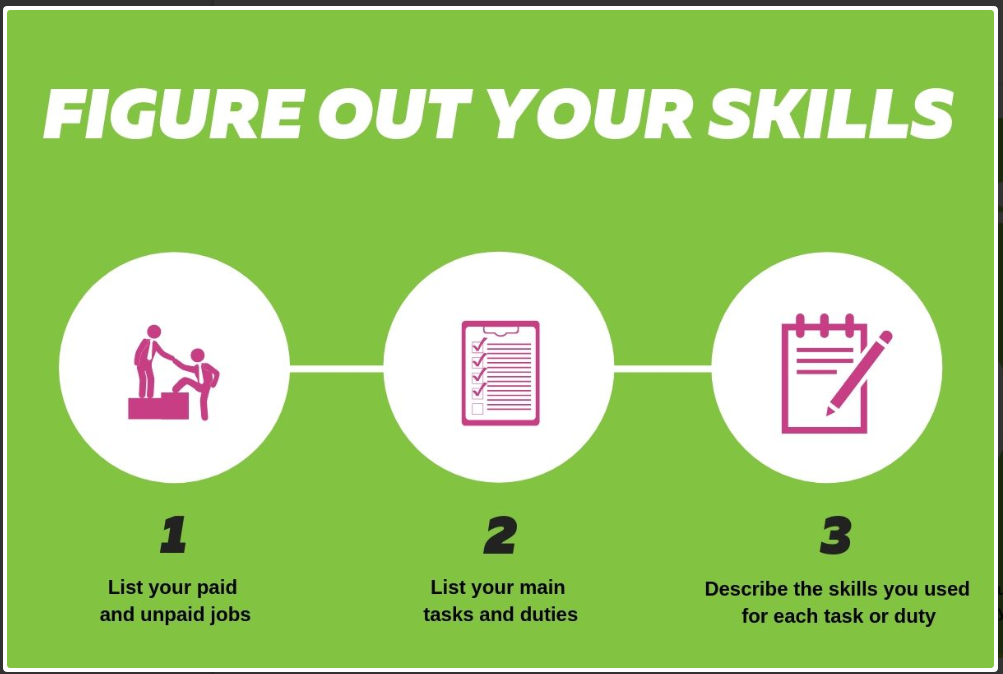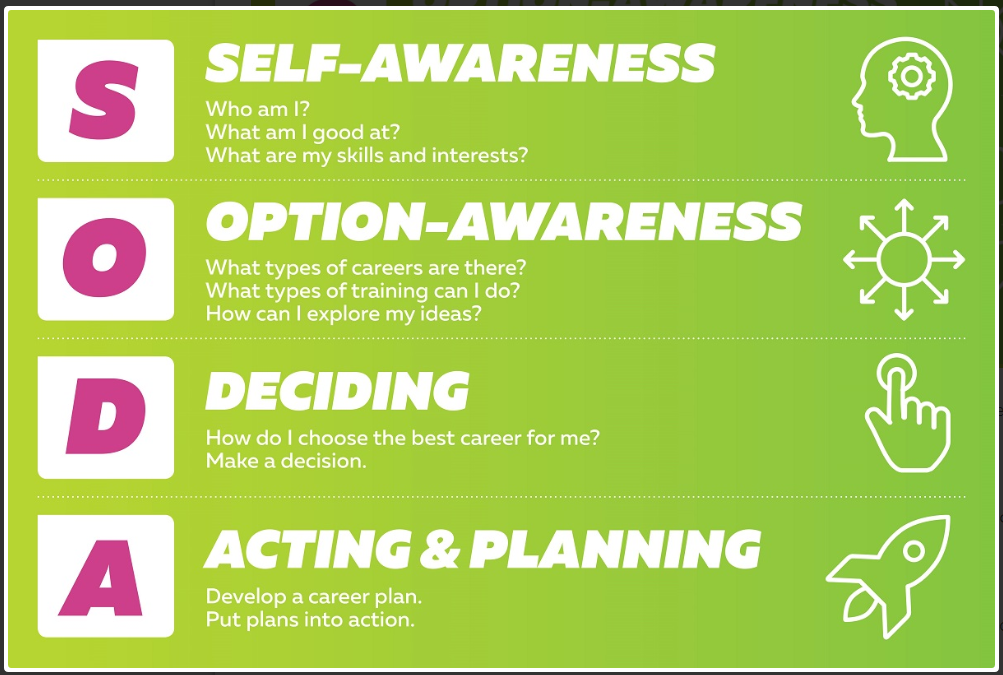At MentorCruise, a growing community of outstanding mentor and mentee relationships, we employ performance measures to uncover mentees’ inherent talents/strengths and match them to careers.
While identifying your strength is vital, focusing on what you are good at only scratches the surface. Considering how to answer the question ‘what am I good at’ helps you dig deeper to articulate your values, motivates you, and helps you guarantee success.
Also, the greatest hope for our success ostensibly depends on presenting a logical answer to this question. Whether it’s defining your strengths in an interview, considering a career pivot into an entirely different field, hurling your startup to likely investors, or pursuing the C-suite.
In this write-up, you’ll learn the following.
- Understanding the question ‘what am I good at’
- Tactics to help you answer ‘what am I good at’
- Strength appraisals. Steps to discover what you’re good at doing.
- How to plan your career based on this question.
- How to answer what am I good at with mentorCruise.
Defining the question: ‘What am I good at?’
To understand the question ‘what am I good at,’ you need to know your abilities, personal traits, interests, commitments, values, and career aspirations.
What are your interests? The things you love doing during your free time can propose some career ideas for you.
What are your values? Your values constitute your beliefs and what you consider as vital in life. These can guide you towards career choices that are best for you.
What are your commitments? Your commitments like family, hobbies, work, sport can influence your career choices. Career coaches can serve you with information on how to balance a career with other commitments.
Tactics to help you answer ‘what am I good at?’:
Define what excites your curiosity
Reflecting on what stirs your curiosity can open new career doors for you. Rather than asking ‘what am I good at,’ ask what stirs your curiosity.
It’s better to highlight probabilities for what you could become than limit yourself to what you already hold. The innate query with this question is that it typically centers on where you have been without considering where you can go.
This is because:
- They’re many things you could be good at, but for that, you haven’t yet been exposed to them.
- You could choose to acquire life-changing skills that are not linked to your career.
- Recall the tasks you thought were impossible yet accomplished them. Reflect on the circumstances that you completed a task that you initially thought was impossible.
- Consider what you value at work at this point. The ‘what am I good at’ puzzle is usually limiting because it does not consider the different life factors that control what’s valuable to you at the moment. And the fact that these values are constantly changing. For example, while some people prioritize helping others, others are motivated by money, prestige, and power.
Define what you would do if you didn’t need money
The question ‘what am I good at?’ is quite different from ‘what would I love to do?’. We could sometimes be great at activities we do not enjoy. But because we began on this path and gained recognition for it, it might not seem easy to shift the course.
What do you want to avoid in your next role?
Staying impartial about what you wouldn’t want to do in your next function is quite as relevant as questioning yourself, ‘what am I good at.’ This is entirely about identifying what moves you, even if it’s on the flip side.
There are so many possibilities if you’re entrepreneurial enough in your undertaking that the struggle should not be upon tasks that you can entirely avoid.
When examining future openings, it’s crucial to understand what motivates you and strive to place yourself in settings that set you up for progress.
Remember that we’re not suggesting avoiding challenges. It only ensures that the circumstances are right for you to succeed. For instance, if you feel excited when working in teams, you may find working alone in a lab a bit too confining. However, these motivations could change over time.
It would be best to determine the balance between staying aware of job qualities you really need to evade versus those that threaten you.
What safely terrifies you?
The question ‘What am I good at’ often limits people to consider what is, instead of what could be.
‘What safely terrifies you?’ is an essential stretch question to encourage people to get out of their comfort zone and concentrate on their chasing dreams.
A little is okay when it comes to fear because it helps you execute due diligence but shouldn’t prevent you from trying. Estimated risks are a large part of attaining the next level in our personal and professional lives.
Don’t forget to remain flexible during the process as you encounter unexpected challenges and opportunities in your tasks.
Career skills can be technical, personal, and soft skills
Useless skills don’t exist. All of your learnings can be relevant to identify what you’re good at with enough creative thinking and self-confidence.
- Technical skills denote the special skills required for a job. These skills are often acquired through training, study, or work experience. They are why clients seek you to work for them.
- Personal skills are the skills, attributes, or traits you take to the workplace. You can develop personal skills from your daily life, training, study, and work experience. While clients place more emphasis on technical skills, your personal ones can really help you build upon your professional relationships.
- Soft skills are interpersonal skills you learn by working with others. They’re social skills that help succeed in creating meaningful connections and partnerships that can help you succeed.
Everyone has a mixture of these types of skills. Assessing your skills within this prism allows you to effectively work on building upon your strengths and working on your weaknesses.
Figuring out your skills will guide you towards:
- Identifying your career options and possible knowledge or skill gap.
- Assessing your natural abilities.
- Helping you build self-confidence in your own capabilities.
- Uncovering unexpected qualities that you have.
- Deciding what kind of job you may choose.
- Align your career with your interests in your personal life.
- Deciding the areas, you need to sharpen your study or training on
- Writing your curriculum vitae if you’re applying for a job
Following these 3 steps will help you build a skills list

List all your unpaid and paid jobs.
Create a list of the jobs, positions/responsibilities, or voluntary work you’ve had/done.
If you’ve no work experience, concentrate on the skills you’ve earned from your activities or interests like sport, partaking in debates, drama productions, earning awards, etc. You can further learn some skills from the subjects you study. You might also uncover natural abilities that define what you like doing.
List your principal duties or services for each job.
For every job or task, write at least five sentences detailing your principal duties or obligations.
Think about the project and assignment you executed in schools and companies and list them.
List the skills you developed or employed for every task or duty.
For every task, duty, or obligation, write a sentence to describe the skills developed or employed to perform them.
Ask yourself how advanced you’ve become in that skill as you go through your list.
Get job ideas based on your skills using the Skill Matcher tool
Employ the Skill Matcher to identify how your skills relate to jobs. Skill Matcher is a quick and straightforward way
- To view job ideas.
- Search jobs for the skills you’re interested in learning or already have.
- Explore the enterprises that your skills match with.
- Study the entry qualifications, pay, and a wide variety of skills for your job matches.
Strength appraisals. Steps to discover what you are good at doing
- Identify what you routinely do at ease. Identify the things you routinely do for friends and family. While you may struggle with some things, you’ll realize that you do these things easily. You can then pay attention to discern what this means for your career.
- Take the Gallup assessment. As defined by the Gallup Assessment, your strengths are a combo of skills, talents, and knowledge. This assessment is great for distinguishing general strengths but not precise to career paths. For specific career strengths, consider the O*NET ability profiler.
-
Employ the O*NET Ability Profiler to assess your strength. Employ the O*NET Ability Profiler (AP), which is a career-exploration tool that helps you plan your work lives.
The O*NET Ability Profiler utilizes a paper and pencil setup with arbitrary equipment parts and programmed scoring.
You may use O*NET Ability Profiler results to:
- Distinguish your strengths and areas for which you may need to get more training.
- Find jobs that match your strengths.
- Talk to a career expert or hire a career coach to help you uncover your natural talents and give you personalized feedback. Career services can often be a good way to discover a wide range of possibilities.
Plan your career
The SODA model to identify the stage you’re at with career planning
Are you starting a professional career or attempting a mid-life career change? You can employ the Career Checker tool to find suggestions or talk to a professional career coach.
A job is not a career. A career constitutes the skills and experiences you acquire through a lifetime from friendships, family, life, culture, leisure choice, community activities, work, and learning.
It is worth noting that your career might change over your lifetime. The following career-planning steps will guide you on whether you’re changing or planning a career.

The SODA model is a common four-step model utilized to understand the career decision-making process.
The four steps are:
S – Self-awareness: Here, you become aware of the skills, values, interests, and abilities you hold. And work out the lifestyle you desire and your career goals.
O – Option-awareness: Involves investigating various career options and comparing them.
D – Deciding: Here, you pick the most suitable career option based on your career exploration and what you know about yourself.
A – Acting and planning: Here, you design a plan and take action.
Figuring out what skills you possess, then matching them to diverse job ideas can unveil career opportunities that you may have never crossed your mind. Consider the skills you acquired from learning, hobbies, and or work.
Answer ‘what am I good at’ with MentorCruise
The greatest hope for our success ostensibly depends on presenting a logical answer to the question ‘What am I good at’. Whether it’s defining your strengths in an interview, considering a midlife career change, hurling your startup to likely investors, or pursuing the C-suite.
Whatever the case, the best decision is to consider working this out with a career expert.
Our professional career coaches/mentors have seen thousands of clients, mentees, entrepreneurs, students who had issues with identifying what they’re good at, toward a successful career path. They wouldn’t only help you dig deeper to articulate your values, but will further motivate you, and guarantee success.

